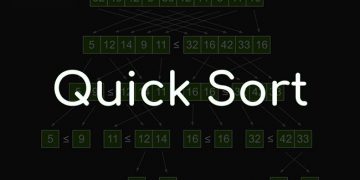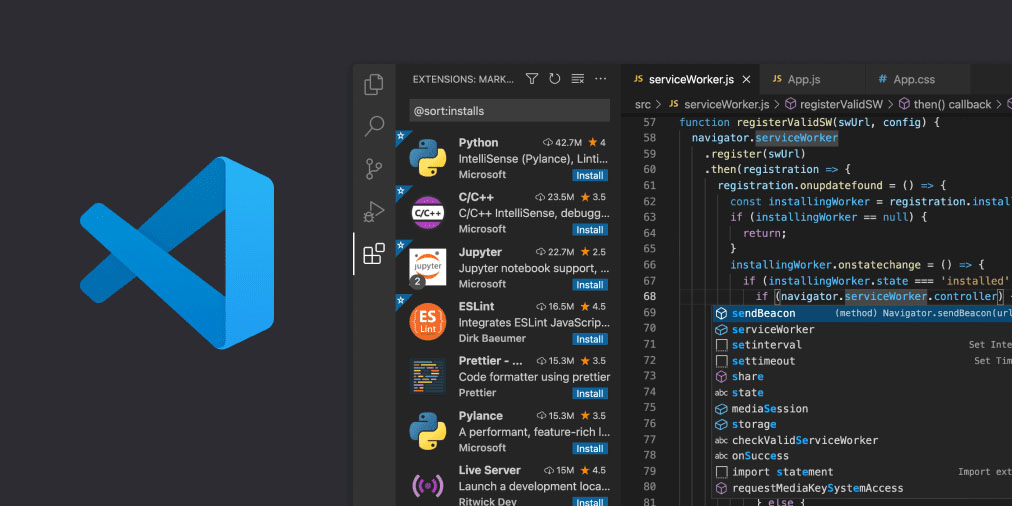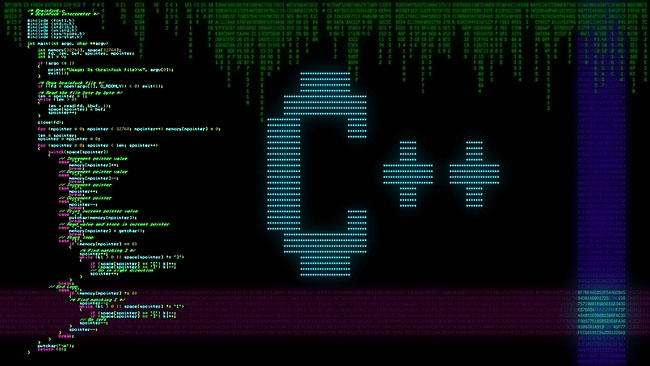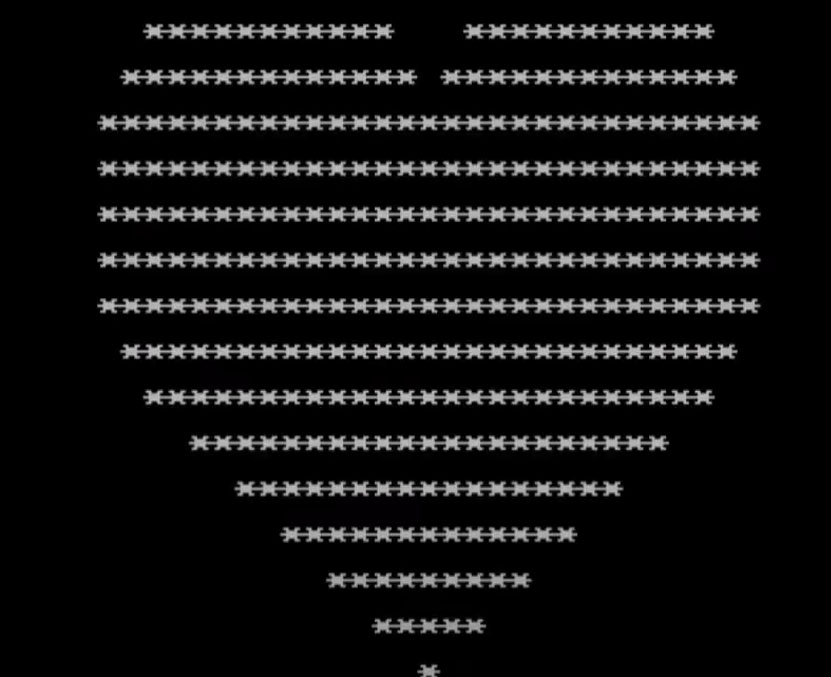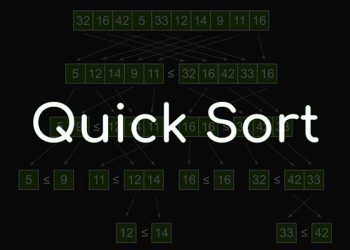- Chuỗi kí tự là một khái niệm quan trọng trong ngôn ngữ lập trình C++. Trong bài viết này, chúng ta sẽ tìm hiểu về chuỗi kí tự trong C++, cách khởi tạo, xử lý và thao tác với chuỗi.
Khái niệm về chuỗi kí tự trong C++
Trong C++, chuỗi kí tự là một chuỗi các ký tự được sắp xếp theo thứ tự nhất định. Mỗi ký tự trong chuỗi được biểu diễn bằng một giá trị ASCII. Chuỗi kí tự thường được sử dụng để lưu trữ thông tin như tên, địa chỉ, email, v.v.
Trong C++, có hai cách chính để biểu diễn chuỗi kí tự:
- C-style string (C-string): Đây là một mảng các ký tự, kết thúc bằng ký tự null (‘\0’). Địa chỉ của ký tự đầu tiên trong mảng là địa chỉ bắt đầu của chuỗi. C-style string được sử dụng phổ biến trong C và vẫn được hỗ trợ trong C++.
- C++ string: Đây là một lớp chuỗi đã được định nghĩa sẵn trong thư viện chuẩn của C++. Lớp chuỗi này cung cấp các phương thức và toán tử tiện ích để làm việc với chuỗi.
Khởi tạo và xử lý chuỗi kí tự
Để khởi tạo và xử lý chuỗi kí tự trong C++, chúng ta có thể sử dụng các hàm và phương thức có sẵn. Dưới đây là một số ví dụ về cách khởi tạo và xử lý chuỗi kí tự trong C++:
#include <iostream>
#include <cstring> // Thư viện cho phép sử dụng hàm xử lý chuỗi Cint main() {
// Khởi tạo C-style string
char greeting[] = “Hello”; // Khởi tạo với giá trị ban đầu
char name[20]; // Khởi tạo một mảng để lưu trữ tên// Nhập tên từ người dùng
std::cout << “Enter your name: “;
std::cin >> name;// Nối tên vào chuỗi greeting
strcat(greeting, ” “);
strcat(greeting, name);// In chuỗi hoàn chỉnh
std::cout << greeting << std::endl;return 0;
}Trong ví dụ trên, chúng ta đã sử dụng hàm
strcat()từ thư viện<cstring>để nối chuỗi tên vào chuỗi greeting. Hàm này thực hiện việc nối một chuỗi vào cuối chuỗi khác. Chúng ta cũng đã sử dụng hàmcinđể nhập tên từ người dùng vàcoutđể in ra chuỗi hoàn chỉnh.Sử dụng lớp chuỗi C++ (C++ string)
Trong C++, chúng ta cũng có thể sử dụng lớp chuỗi đã được định nghĩa sẵn để làm việc với chuỗi kí tự. Lớp chuỗi này cung cấp nhiều phương thức và toán tử tiện ích, giúp chúng ta thao tác với chuỗi một cách dễ dàng và an toàn hơn. Dưới đây là một ví dụ sử dụng lớp chuỗi C++:
#include <iostream>
#include <string> // Thư viện cho phép sử dụng lớp chuỗi C++int main() {
// Khởi tạo đối tượng chuỗi C++
std::string greeting = “Hello”;// Nhập tên từ người dùng
std::string name;
std::cout << “Enter your name: “;
std::getline(std::cin, name);// Nối tên vào chuỗi greeting
greeting += ” “;
greeting += name;// In chuỗi hoàn chỉnh
std::cout << greeting << std::endl;return 0;
}Trong ví dụ này, chúng ta đã sử dụng lớp
stringtừ thư viện<string>để khởi tạo và làm việc với chuỗi. Chúng ta đã sử dụng phương thứcgetline()để nhập tên từ người dùng và toán tử+=để nối chuỗi tên vào chuỗi greeting.Lớp chuỗi C++ cung cấp nhiều phương thức và toán tử khác nhau để thực hiện các tác vụ như so sánh, tìm kiếm, cắt, nối, v.v. Chúng ta có thể tìm hiểu thêm về các phương thức và toán tử này trong tài liệu tham khảo của C++.
Kết luận
Chuỗi kí tự là một khái niệm quan trọng trong C++ và được sử dụng rộng rãi để lưu trữ và xử lý thông tin. Trong C++, chúng ta có thể sử dụng C-style string hoặc lớp chuỗi C++ để làm việc với chuỗi. Việc chọn phương pháp nào phụ thuộc vào yêu cầu và tiện ích của từng tình huống cụ thể.
Hy vọng rằng bài viết này đã cung cấp cho bạn một cái nhìn tổng quan về chuỗi kí tự trong C++ và cách sử dụng chúng trong các ứng dụng thực tế.
